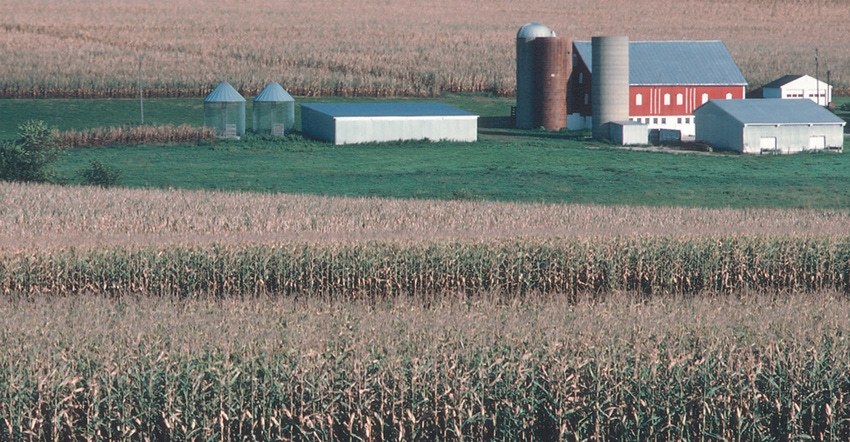
Mental health may not be an easy topic to discuss, especially in rural farm country, but it's one that desperately needs more attention than it's given.
In the coming weeks online, and in an upcoming print issue of Nebraska Farmer, you'll notice several articles on the topic of mental health in rural areas. First and foremost, I'd like to sincerely thank the people who offered their input and shared their stories for these articles — it's not an easy conversation to have, and certainly not an easy thing to share.
This is a topic near and dear to me, having lost several family friends and relatives over the years who died by suicide. Learning of a loved one's death is never easy, but a sudden loss from suicide can be traumatic.
I can remember several deaths that profoundly affected my family in the mid-to-late 2000s — and vividly remember hearing the news and the overwhelming shock, followed by the grief that came with it. It was one of the reasons I first became interested in print journalism: It gave me an outlet to address issues disproportionately affecting rural areas, such as this one.
Of course, there are several factors at play, but one of the biggest is a lack of access. Eighty-eight of Nebraska's 93 counties are classified as mental health professional shortage areas — and the five that aren't all are in the Omaha metro area.
Unfortunately, even in places where mental health services are available, there often is a deep-seated stigma associated with mental illness and seeking treatment. According to recent interviews with mental health professionals and those affected by mental illness, the name or location of certain mental health treatment centers may be a factor — some have said they would feel more comfortable seeking treatment if they were called "stress clinics."
This may help, but honestly, doesn't get to the root of the issue — and that ultimately means changing how all of society talks about mental health and creating an environment of understanding and acceptance.
Another goal for improving access to mental health services in rural areas is integrating these services with those of general physicians and medication prescribers, bringing all services under the same roof to improve communication and collaboration between physicians, med prescribers, psychiatrists, psychologists and therapists. At the same time, this would help people feel more comfortable when seeking treatment — if your neighbor sees your pickup in the parking lot, they don't know you're there for mental health services.
The need for a competitive salary is another factor. Becoming a licensed mental health practitioner requires a graduate-level education, while becoming a psychologist requires a Ph.D. Paying for that kind of education takes a competitive salary, and according to a 2016 Nebraska Behavioral Health Needs Assessment, the lack of competitive pay for medical health providers in rural areas compared with metropolitan areas is a primary reason for these shortage areas.
The bottom line is, while rural farming communities are making headway in access to mental health care, there are several factors that need to be addressed. At the heart of the issue is breaking the underlying stigma surrounding mental health — and that includes both rural and urban areas.
About the Author(s)
You May Also Like






